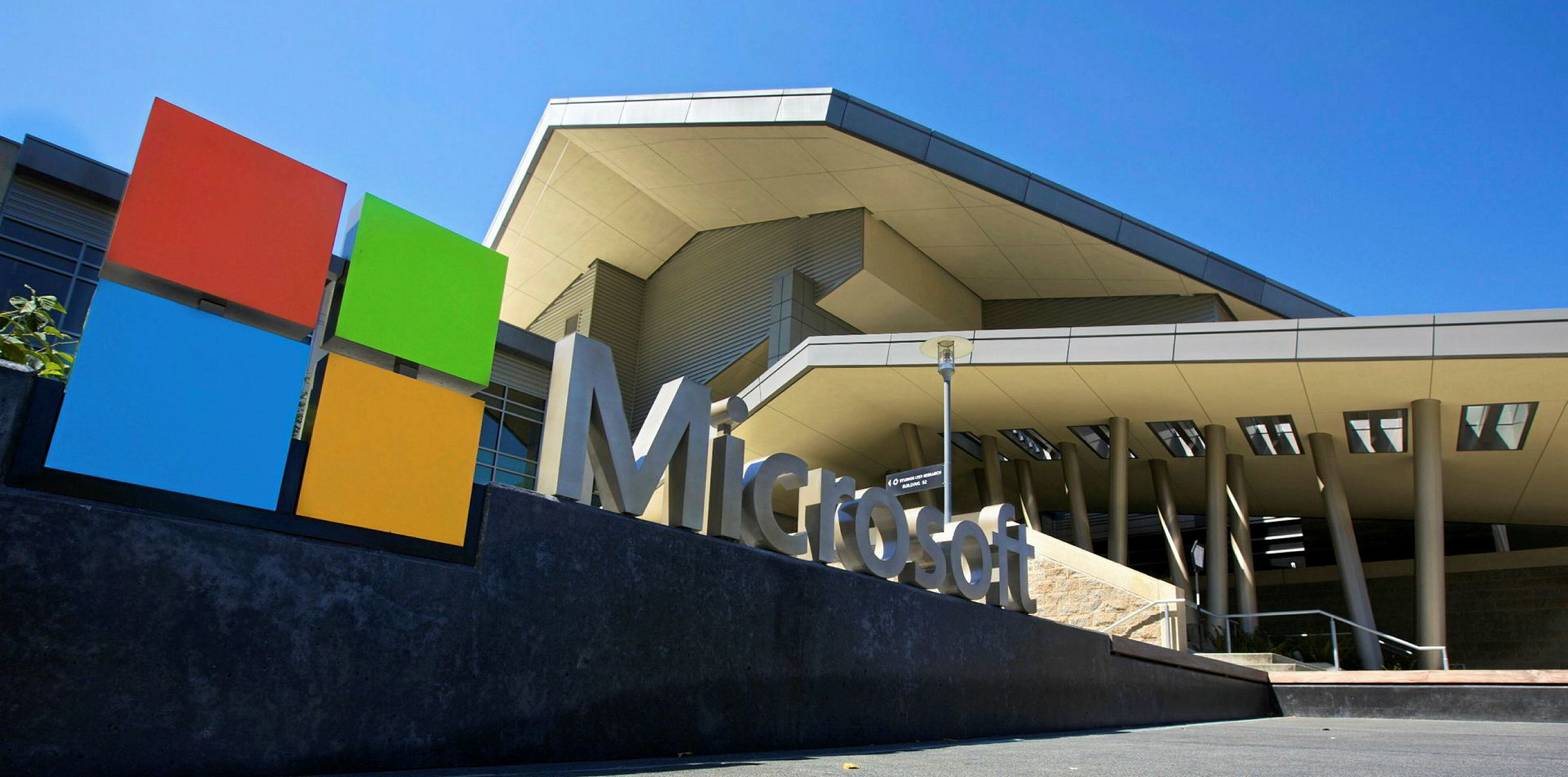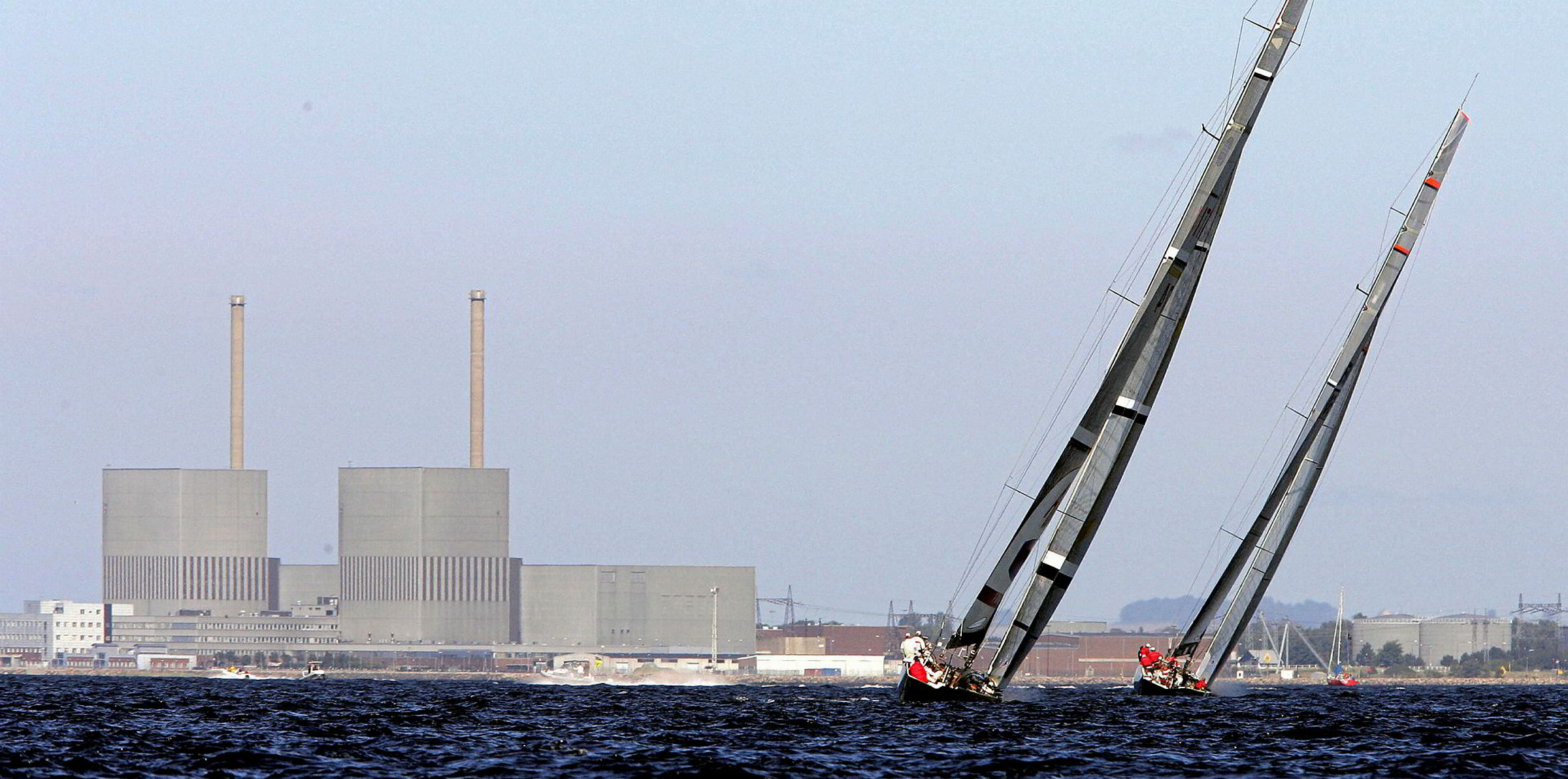Vattenfall has forged a collaboration tie-up with Microsoft to power a pair of the IT giant’s datacenters in Sweden with renewables, the latest in a string of innovative energy transition-driven deals by the utility.
The agreement, part of a wider stated ambition at Microsoft “to develop innovative solutions to reduce [its] carbon footprint”, will see the supplied by “100% renewable energy … and among the most sustainably-designed and operated to date”.
“Vattenfall and our Node Pole datacenter team have worked hard together with Microsoft to make this project a reality,” said Vattenfall senior vice president Andreas Regnell.
“As a long-standing customer of Microsoft, we are pleased to take part in their quest to provide cloud services for a sustainable future,” he added, noting that the “alliance [with Microsoft] fits very well with our overall strategy … to help our customers live fossil free within one generation”.
Noelle Walsh, head of cloud operations and infrastructure at Microsoft, added: “Microsoft is working to transition to a sustainable, low-carbon future using the power of our technology and working with our partners around the world to discover and implement innovative solutions.
“Over time and with great support from Vattenfall, Microsoft will continue to lower carbon emissions for the operations of these facilities.”
Vattenfall’s distribution arm will build the transmission infrastructure to connect the datacentres to the grid.
The Swedish utility has been shifting a historically nuclear and fossil-fuel heavy asset portfolio toward renewables for some time, with non-hydro clean-energy assets now making up 3GW of the its total 31GW portfolio.
In the last year, Vatttenfall's clean-energy spend has been particularly far-ranging: utility-scale wind, solar and hydro, as well as the world’s first “green” – wind-powered – cement plant, a new form of salt-based energy storage that stays charged for months without losses and, most recently, investment in what will be Europe’s largest water electrolysis plant, for commercial-scale hydrogen production.
Microsoft has also been deepening its foray into renewables, having last week inked a deal to buy 90MW from the Eneco/Shell-developed 731MW Borssele 3&4 project in the Dutch North Sea – a corporate renewable energy trend forecast by Google and others to grow as the cost off offshore wind drops further.
The IT multinational in 2017 agreed the largest wind energy purchase in the Netherlands – also with Vattenfall – for the full generation of the 180MW Wieringermeer wind farm, which sits adjacent to one of a Microsoft datacenter north of Amsterdam.



